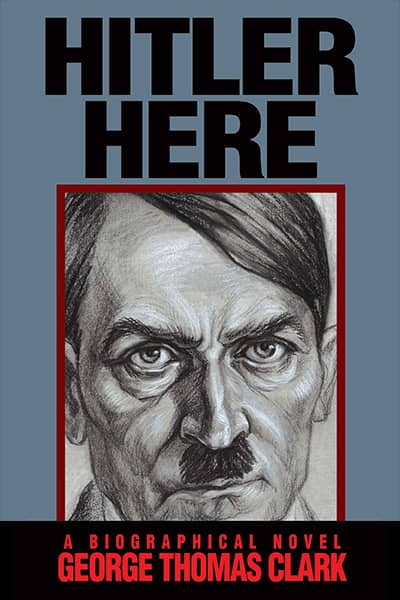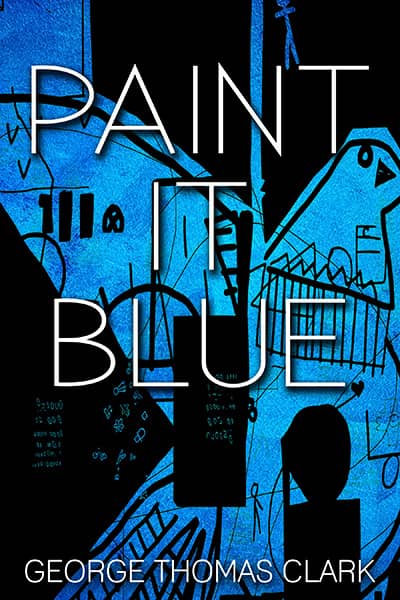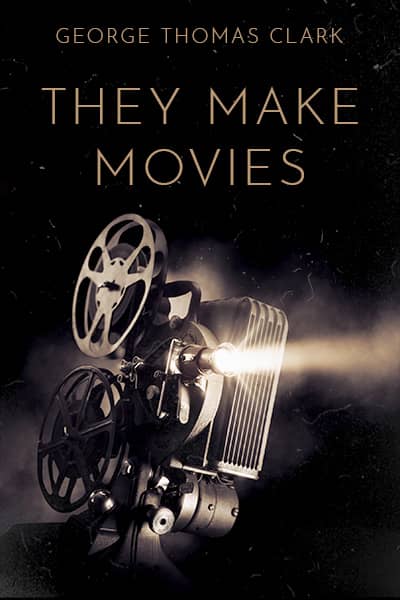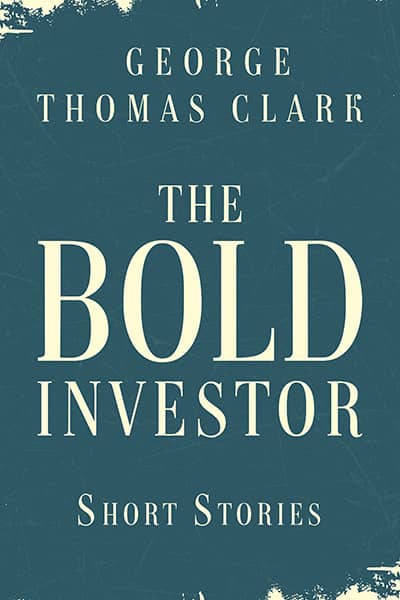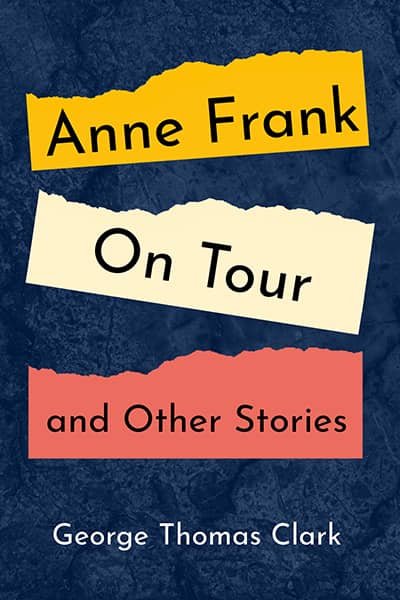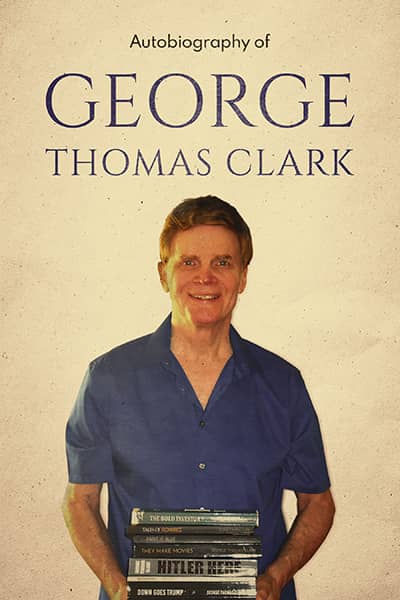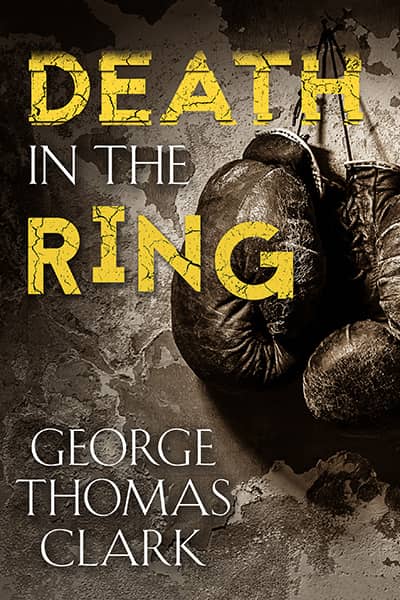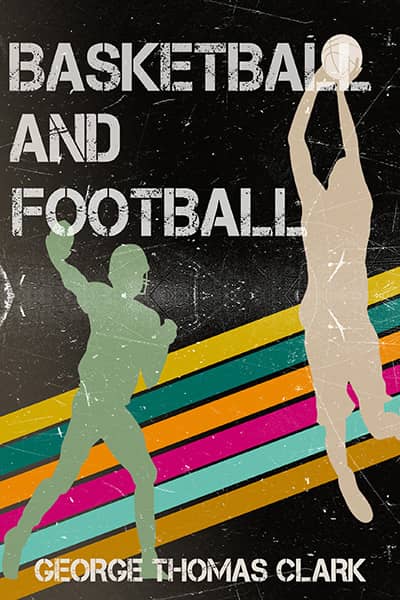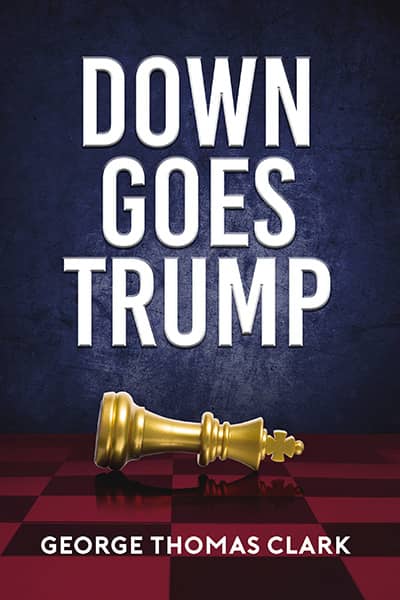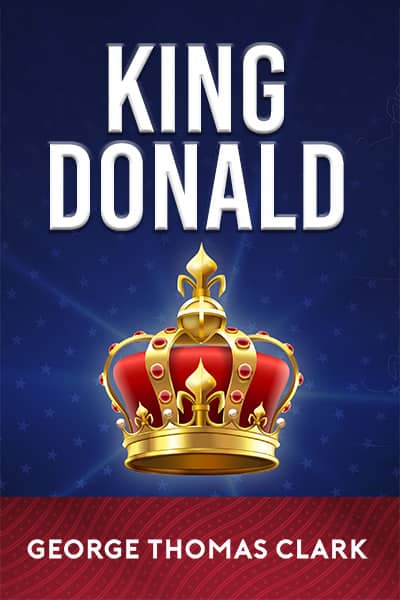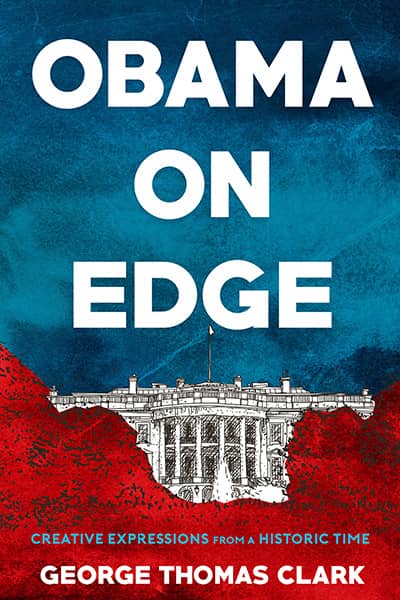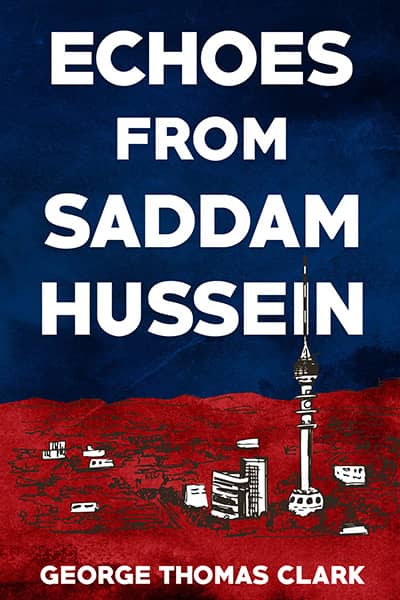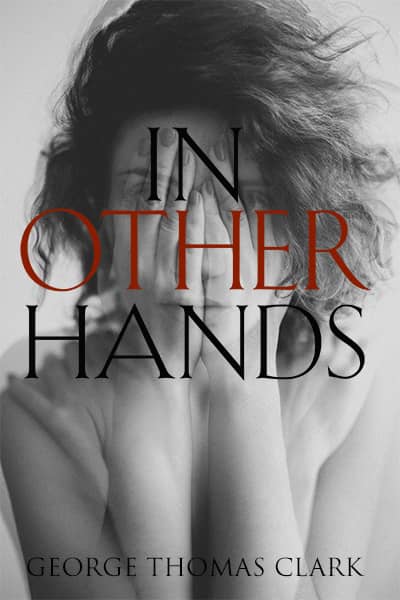Cool Cat Bush Improves Position
August 7, 2004
The polls say ninety percent of the people are already firm about who they’re going to vote for. And many of them made choices based not so much on the economy or the war in Iraq but on the far more mundane, and critical, determination of who’s the cutest and who’s the coolest. When the remaining ten percent decide that, we’ll know the identity of the next president.
In the age of electronic communication, personal appeal is paramount. In 1976 Jimmy Carter looked a little hipper on TV than Gerald Ford. In 1980 and 1984, the suave and still-chiseled Ronald Reagan proved insurmountable against Carter and Walter Mondale. The sleek and urbane George H.W. Bush – and don’t forget he has those attributes – toppled your next-door-neighbor Michael Dukakis in 1988. Then Bill Clinton, another matinee idol in the Reagan and JFK mold, lit up the screen and outshined Bush and Dole. And in 2000 the energetic and often charming George W. Bush edged the handsome but klutzy Al Gore. It didn’t matter Bush failed to get as many votes as Gore. His we-want-him-as-our-captain quality surely helped launch him out of the post-election electoral jungle.
Now Bush is battling Kerry, an attractive and sophisticated man but one who sometimes looks vaguely cadaverous. The president, conversely, was recently the subject of one of the most portentous photos in political history. Yes, photos are an old medium, but they’re now electronically conveyed, and thus used and assessed quite differently than, say, a photo of Lincoln delivering the Gettysburg Address. Honest Abe certainly never received the kind of political bounce that rascal Bush did when photographed astride his trusty mountain bicycle. There he was, wearing the chicest of wrap-around shades under a neat helmet, sporting stylish cycling shorts that revealed muscular legs, and behind him, erect as Washington’s Monument, stood a flagpole bearing Old Glory. Do you really think an incumbent president who looks so spiffy is going to lose a close race?
Better grimace and accept it. Personal appeal is probably going to propel Bush to victory in November. But he’s not going to rely solely on that. No, a lot of being cool depends on having a shrewd sense of what to do politically. And he and his team are certainly effective. They recently alerted us that the danger of terroristic attack had become more acute – one can’t afford to doubt that – and a few days later followed with news they had taken new and aggressive steps to deal with announced threats to five financial centers in the Northeast. Later, the administration conceded that most of the information prompting the alert was three or four years old. But according to two senior intelligence officials, some of the information is “very, very recent” and “very, very current.” Again, one should not doubt that enemies of the United States are constantly looking for ways to strike, and they’re willing to plan and wait for years for the most devastating opportunities. Bush will therefore repeatedly have galvanizing opportunities to announce: the enemies out there are still trying to get us, and though the danger is acute, I’m doing more than anyone else to protect you.
That’s the duty of a commander-in-chief. It’s beyond political, yet it’s consummately political. When Franklin Roosevelt was asked how the 1944 presidential election – his fourth – would turn out, the king of political cool said if the war was still going, he’d win. If the war was over, he’d lose. In May 1945, a couple of months after Roosevelt’s death, the war was just ending in Europe and the great wartime leader Churchill was given the flabbergasting news that he’d been defeated by Clement Atlee.
The war on terror is not over. And, really, how will we know when it is? There won’t be any official ceasefire. There won’t be whole armies defeated in the field. There won’t be an internationally enforceable armistice. Neither candidate is going to be able to eliminate terrorism soon. That’s why many undecided voters are going to step into booths on election day and think, damn, who should I choose? I guess I’ll go for that Bush cat with the wrap around shades and shapely legs astride a mountain bike.
